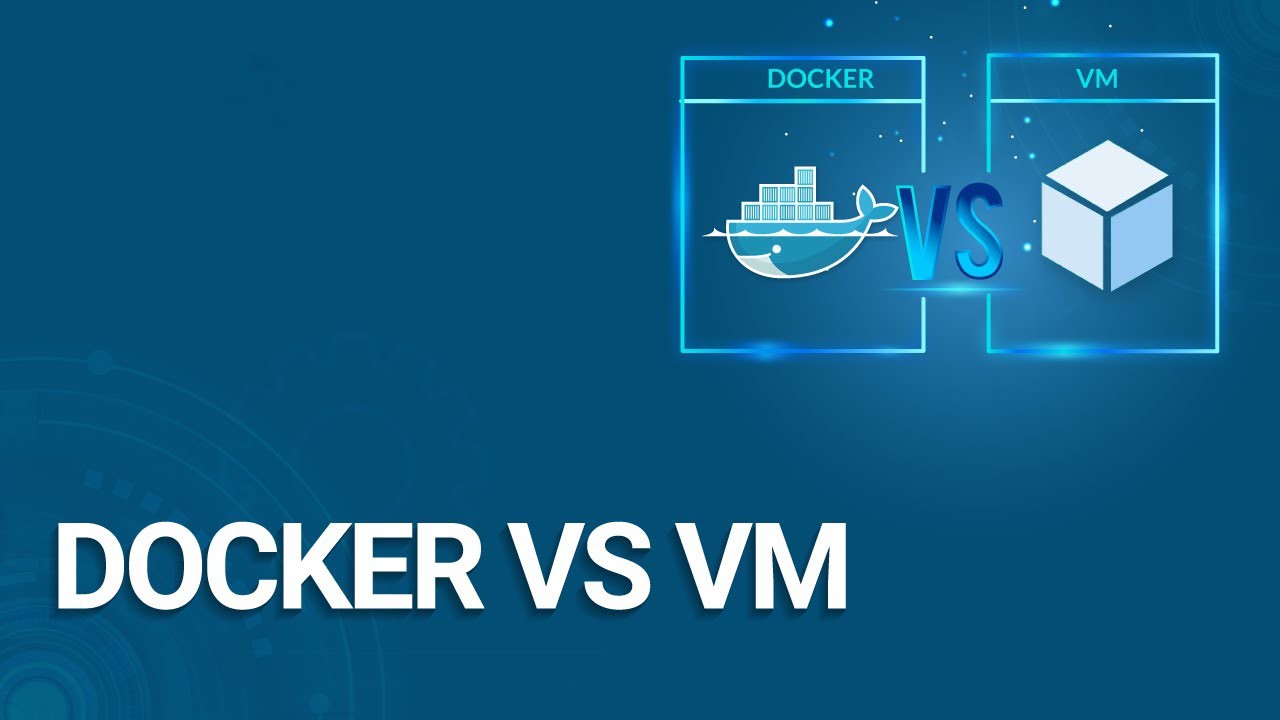In today’s digital landscape, effective monitoring and observability are crucial for maintaining the health and performance of your cloud-based infrastructure and applications. Two prominent players in the realm of cloud monitoring and observability are Amazon CloudWatch vs. Prometheus. In this detailed blog post, we’ll dive deep into an extensive comparison between these two solutions. We’ll provide valuable insights through a comprehensive comparison table, share external resources for further exploration, and address some of the most frequently asked questions (FAQs) regarding these tools.
Amazon CloudWatch
Amazon CloudWatch is a fully managed monitoring service offered by Amazon Web Services (AWS). It is purpose-built for real-time monitoring and observability of AWS resources and applications. CloudWatch aggregates data from various sources, including AWS services, custom metrics, and logs. Its feature set includes customizable dashboards, alarms, and automated actions.
Key Features of Amazon CloudWatch:
- Seamless AWS Integration: CloudWatch seamlessly integrates with AWS services, making it the go-to choice for monitoring and analyzing resources within the AWS ecosystem.
- Custom Metrics: Users can create custom metrics to monitor their applications and services running on AWS.
- Alerting and Notifications: Alarms can be set up to trigger actions based on specific conditions, with notifications available through multiple channels.
- Log Monitoring: CloudWatch Logs offers centralized log collection, analysis, and storage.
- Dashboards: Customizable dashboards allow users to visualize metrics and logs efficiently.
http://informationarray.com/2023/10/07/apache-kafka-vs-redis-a-detailed-comparison/
Prometheus
Prometheus, on the other hand, is an open-source monitoring and alerting toolkit renowned for its reliability and scalability. It excels at monitoring cloud-native applications and offers robust support for containerized environments. Prometheus operates on a pull-based model for metric collection, storing the data in a time-series database. It also boasts a query language for data retrieval and robust alerting capabilities.
Key Features of Prometheus:
- Flexible Data Collection: Prometheus provides the flexibility to collect metrics from diverse sources, including applications, services, and infrastructure components.
- Alerting Rules: Users can define alerting rules based on metric values and receive notifications when predefined thresholds are crossed.
- PromQL Query Language: Prometheus Query Language (PromQL) is a powerful tool for querying and analyzing metrics data.
- Scalability: Prometheus can be horizontally scaled by adding more Prometheus servers to meet growing monitoring needs.
- Thriving Ecosystem: With an active community and a wealth of exporters and integrations, Prometheus has built a rich monitoring ecosystem.
http://informationarray.com/2023/10/07/apache-kafka-vs-activemq-a-comprehensive-comparison/
Amazon CloudWatch vs. Prometheus: A Comprehensive Comparison
To assist you in making an informed choice between Amazon CloudWatch and Prometheus, we’ve compiled a detailed comparison across several key aspects in the table below:
| Aspect | Amazon CloudWatch | Prometheus |
|---|---|---|
| Deployment | Fully managed, cloud-based | Self-hosted or containerized |
| Data Collection | Supports AWS resources and custom metrics | Collects metrics from various sources |
| Alerting | Alarms and notifications | Custom alerting rules using PromQL |
| Querying | Basic querying capabilities | Powerful PromQL query language |
| Data Retention | Configurable data retention periods | User-defined retention policies |
| Scalability | Managed by AWS, scales automatically | Requires manual scaling of Prometheus servers |
| Ecosystem | AWS-native integrations and services | Expansive ecosystem of exporters and integrations |
| Cost | AWS usage-based pricing | Open-source and self-hosted |
External Resources for Further Exploration
To delve deeper into Amazon CloudWatch and Prometheus, you can explore these external resources:
- Amazon CloudWatch Overview
- Amazon CloudWatch Documentation
- Prometheus Official Website
- Prometheus Documentation
Frequently Asked Questions (FAQs)
1. Can Prometheus monitor AWS resources?
- Yes, Prometheus can monitor AWS resources using AWS service exporters or custom exporters, but it requires additional setup.
2. What are the key differences in alerting between CloudWatch and Prometheus?
- CloudWatch offers built-in alarms and notifications, while Prometheus allows you to define custom alerting rules using PromQL.
3. Which tool is better for monitoring containerized environments?
- Prometheus is well-suited for monitoring containerized environments, especially in Kubernetes clusters, due to its native support for these environments.
4. Is Prometheus suitable for non-cloud-native applications?
- Yes, Prometheus can monitor a wide range of applications and services, both cloud-native and traditional.
In conclusion, Amazon CloudWatch and Prometheus are both powerful monitoring solutions, each with its own strengths and use cases. Your choice between them should align with your specific requirements, existing infrastructure, and monitoring preferences.









